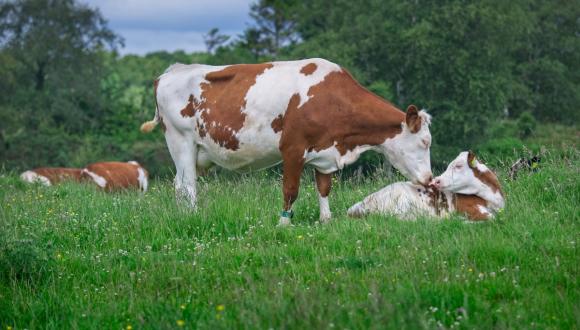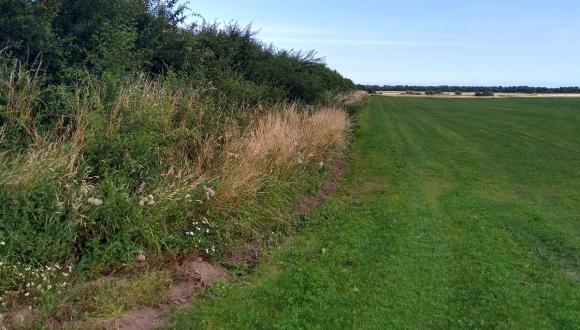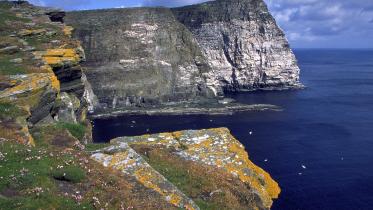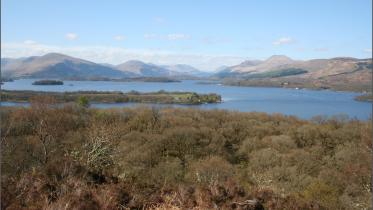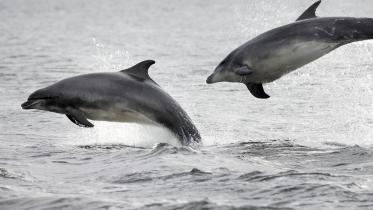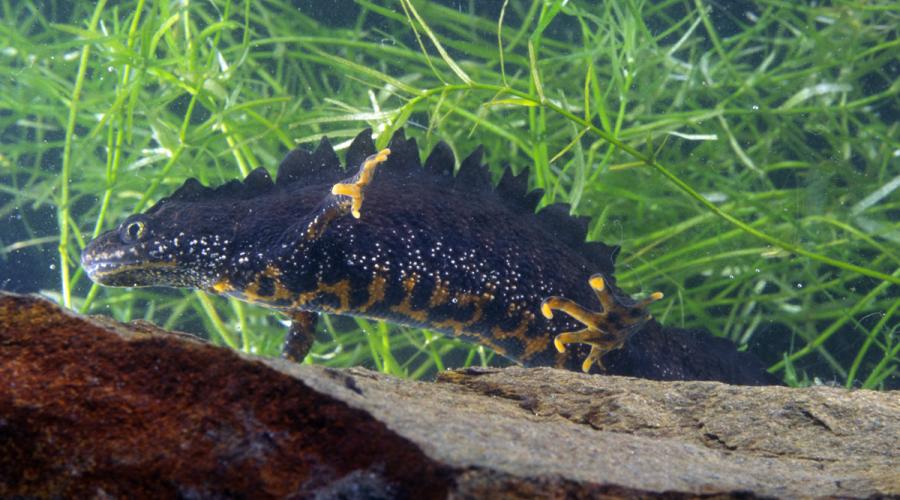
Nature Heroes - Fred Swift and the West Loch Ness Farm Cluster
Fred Swift from South Clunes Farm is leading efforts to restore the endangered Highland Great Crested Newts to wetlands in the Highlands of Scotland. He is the head of the West Loch Ness Farm Cluster, a group of neighbouring farmers, estate managers and crofters who work together to help wildlife thrive by re-establishing wetlands across their landscape.
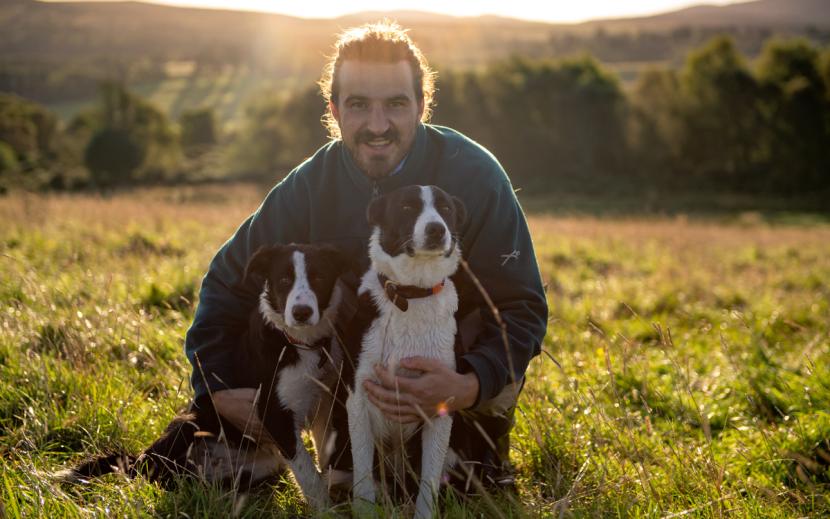
The expertise of the Highland Amphibians Reptile Project (HARP) was essential. A Highland Great Crested Newt typically will lay 200 eggs a year with a 2% survival rate. Using HARP’s innovative “head starting” technique a 13% survival rate was achieved.
This breeding success enabled the translocation of 20 of the rare newts from one side of the cluster to beaver ponds on the other side. This translocation is thought to be a first in Europe.
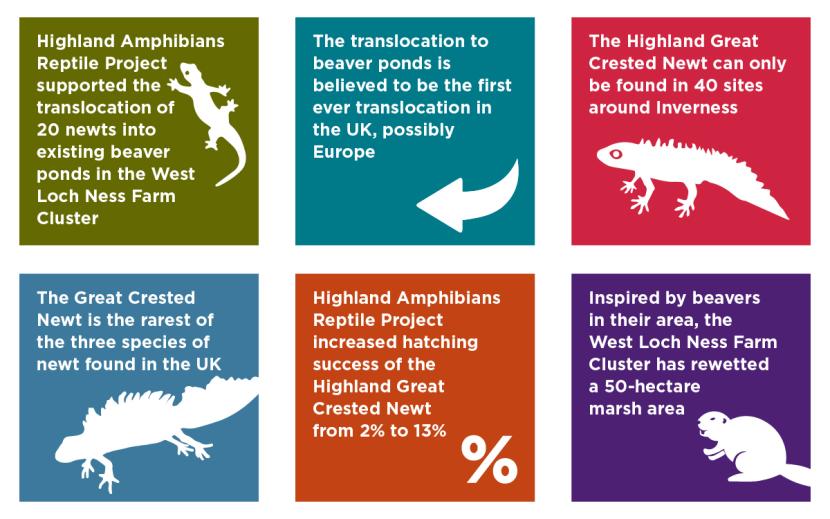
A series of 6 graphical tiles.
- Highland Amphibians Reptile Project supported the translocation of 20 newts into existing beaver ponds in the West Loch Ness Farm Cluster
- The translocation to beaver ponds is believed to be the first ever translocation in the UK, possibly Europe
- The Highland Great Crested Newt can only be found in 40 sites around Inverness
- The Great Crested Newt is the rarest of the three species of newt found in the UK
- Highland Amphibians Reptile Project increased hatching success of the Highland Great Crested Newt from 2% to 13%
- Inspired by beavers in their area, the West Loch Ness Farm Cluster has rewetted a 50-hectare marsh area
The West Loch Ness Farm Cluster of seven farms, crofts and estates have also rewetted a 50-hectare marsh area, with wildlife bridges to allow safe migration of all wildlife across the area. Cattle are used for conservation grazing. Also, the Scottish Government Agri Environment Climate Scheme (AECS) supported rush cutting at the ponds.
The West Loch Ness Farm Cluster worked closely with the Highland Amphibians Reptile Project. The rewetting work was supported by NatureScot with funding from the Scottish Government’s Nature Restoration Fund and AECS. Also, there was advice from Lockett Agri-Environmental.
